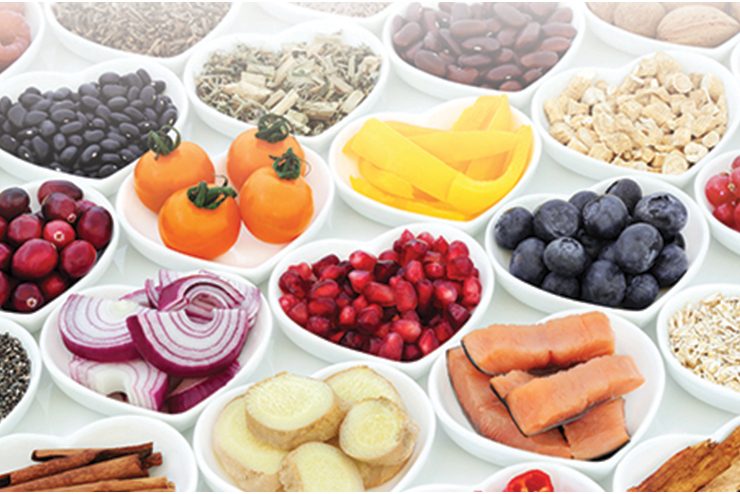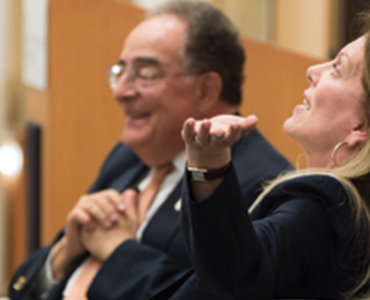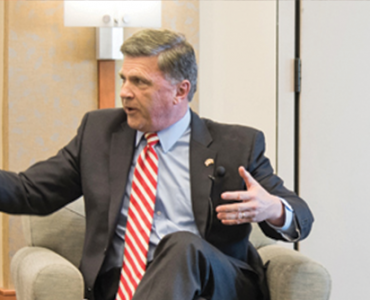cross the country, students struggle under the burden of loans, the stress of deadlines, the fatigue of late-night studies, and the anxiety of gaining future employment. The last thing that should be added to that list is where their next meal will come from or how they will afford it.
Students at the University of Maryland, Baltimore (UMB) are not immune from these challenges. Data from two surveys administered to UMB students in 2018 found that between 10 percent and 26 percent of students surveyed “ate less than they should because there wasn’t enough money for food,” or that there “had been a time when they did not have enough food for themselves or their household.”
In response to this data and other evidence, UMB Student Affairs/Campus Life Services is implementing a campus pantry in the SMC Campus Center that will be open to students in the 2020 academic year. The demand for a UMB pantry comes directly from the students, with 61 percent of the students surveyed believing there is a need and 83 percent saying they would use a food pantry at UMB if they did not have the finances to pay for food.
This follows a national trend: There are now more than 700 campus-based pantries in the College and University Food Bank Alliance providing food and emergency assistance to college students. According to the Hope Center’s 2018 survey of 86,000 college students, 41 percent of students at four-year institutions reported experiencing food insecurity in the past 30 days, 44 percent said they were worried about running out of food, and about half said they could not afford to eat balanced meals. Campus pantries, emergency funds, and increased education and awareness of the issues around campus are among the top recommended solutions.
The goal of the UMB pantry is to be a place where students can access resources that will assist them through a rough patch, whether that be food, personal items, emergency funds, or a referral to other services that can better address their needs. It will work in collaboration with existing programs such as the Hungry Harvest and Baltimore Gift Economy’s markets at the UMB Community Engagement Center; the University of Maryland Medical Center Farmers Market; local Maryland Food Bank locations; and UMBconnect, a resource students can use to find events around campus in their area of interest and filter for ones that also provide food.
In times of need, we turn to our community benefactors and friends to support students through scholarships, endowments, and programmatic funding. We also need philanthropic support to invest in the well-being of our students so they can thrive academically and personally, accomplish the dreams that brought them to UMB, and go out into the world to improve the human condition and serve the public good.
To support Student Affairs in this inaugural initiative designed to support the well-being of our students and to learn how your contribution can improve their lives, visit www.umaryland.edu/campus-food-security.




